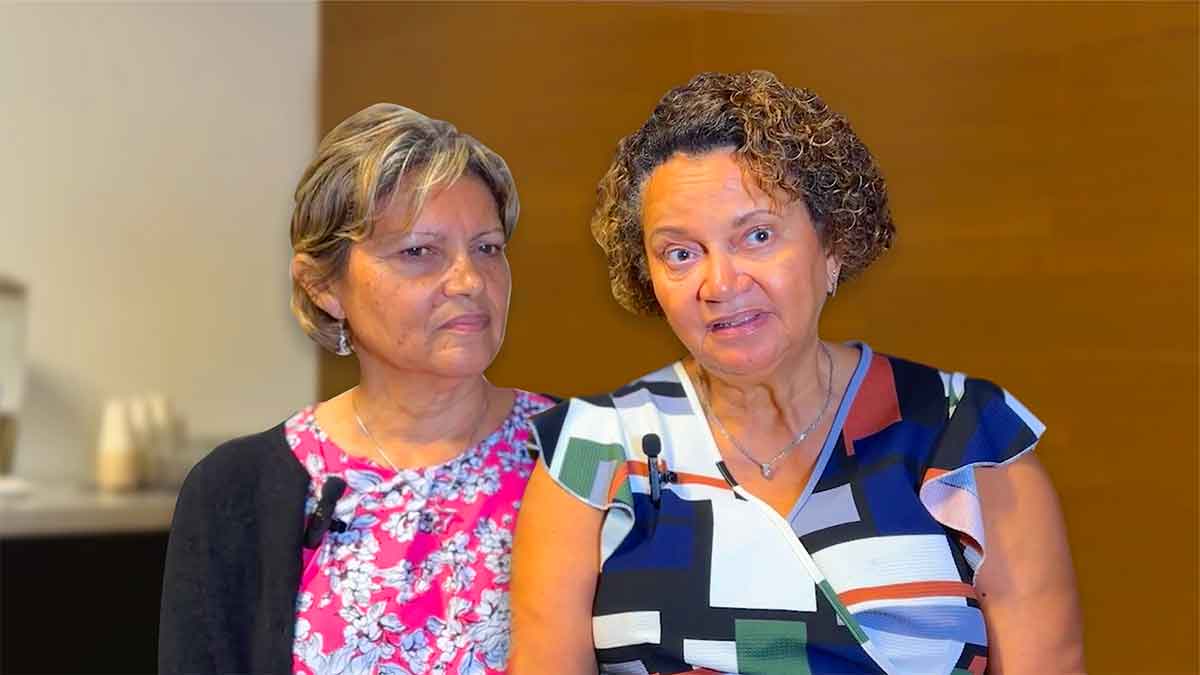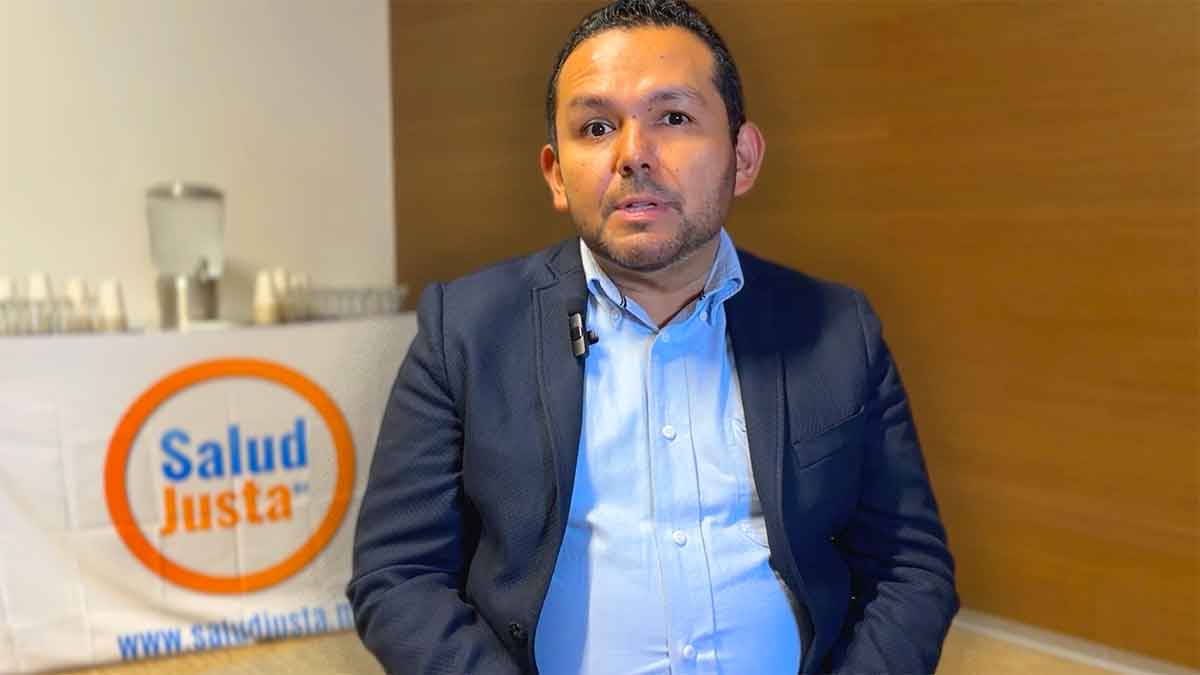- Resources
- News
-
-
Get Email Updates
Sign up for STOP's emails and never miss an update on our latest work and the tobacco industry's activity.
-
Get Funding
Ready to tackle industry interference? You could be eligible for a grant.
-
Share a Tip
Do you have information on tobacco industry misconduct in your country? Let us know.
-
Get Email Updates

Just before the new year, something very important happened that—if you don’t follow tobacco control news—you probably didn’t hear about. News broke that Philip Morris International (PMI), maker of Marlboro cigarettes, was removed as an investor in Medicago, a Canadian biotechnology company.
At first glance, it may not seem like news about corporate investment developments would actually tell the story of a public health win. But in this case, it does—and a big one.
In 2020, Medicago set out to create a vaccine for COVID-19. The Canadian government committed more than CAD $170 million to support the vaccine’s development and agreed to purchase 76 million doses. This investment in a vaccine at a critical moment in public health also posed a longer-term public health threat. Medicago was partially owned by PMI, the largest transnational cigarette company in the world. This amounted to the Canadian government backing a vaccine being funded by Big Tobacco.
The threat
On the surface, a partnership like this may seem harmless, neither helping nor hurting PMI’s core business of selling cigarettes. But cigarette companies play the long game, and history has shown that they use high-profile partnerships, even those that may seem unrelated to tobacco, to ultimately advance their agenda and advocate for products that harm public health.
These types of partnerships are important to the tobacco industry for several reasons. First, they’re great public relations opportunities. If a tobacco company can align its brand with a positive initiative, especially a health-related one, it can distract from the fact that its products contribute to killing 8 million people every year. Publicizing partnerships can serve as a reputational boost, possibly persuading others (whether individuals, companies or governments) that a tobacco company is a trusted, ethical partner.
Second, a partnership can open the door for further interactions or inclusion in government initiatives. It can pave a pathway to policymakers. This is especially dangerous to public health. The 2021 Global Tobacco Industry Interference Index, which ranked governments’ efforts to protect their policies from industry interference in 80 countries, showed the worrying results of industry-government interaction. Eleven countries that received charity or donations from tobacco companies during the early part of the pandemic compromised on tobacco tax policies. Implementation of tobacco control legislation was postponed in at least four countries. The bottom line is that when the industry has a chance to exert its influence, these polices can’t do what they were created to do: reduce tobacco use and save lives.
That’s why the WHO Framework Convention on Tobacco Control (WHO FCTC), to which Canada is a Party, specifies that governments should not engage with the tobacco industry. Article 5.3 of the global health treaty legally obligates Parties to the treaty to take action to protect tobacco control from the commercial and other vested interests of the industry.

…history has shown that [tobacco companies] use high-profile partnerships, even those that may seem unrelated to tobacco, to ultimately advance their agenda…
Sounding the alarm
Even though Medicago’s vaccine received approval from Health Canada in February 2022, just a month later, the company hit a major roadblock. In March 2022, WHO announced it would not approve Medicago’s vaccine due to its link to the tobacco industry.
Tobacco control group ASH Canada and non-profit organization Corporate Accountability sounded the alarm alongside more than 100 organizations and individuals in a letter to the Canadian prime minister and health officials. They called the government out for “demonstrating complete disregard for its treaty obligations” in collaborating with PMI, and called attention to the 48,000 annual tobacco-related deaths in Canada. Citing WHO’s rejection of the vaccine, they urged the government to sever ties with Medicago and support COVID-19 vaccine alternatives that were not backed by Big Tobacco.
The aftermath and the lessons learned
With the effects of WHO’s decision still reverberating, it was announced in December 2022 that PMI had officially been removed as an investor from Medicago by the company’s primary investor, Mitsubishi Tanabe Pharma. ASH Canada and Corporate Accountability celebrated the decision, saying that “the control of one pandemic should not come at the expense of another.”
Ultimately, a vaccine backed by the Canadian government failed to receive approval from WHO due to its links to Big Tobacco—a consequence that could have been avoided if the government had honored its FCTC obligations.
This story about corporate investments—but really, public health—serves as a reminder as to why governments must be wary of partnerships and collaborations in which the tobacco industry is a participant. If an industry player or an ally is present, public health policies may be put at risk, making it best to just walk away.




